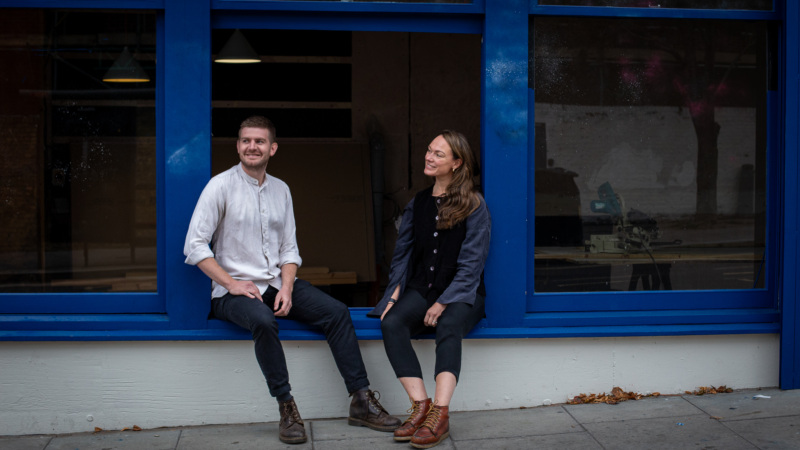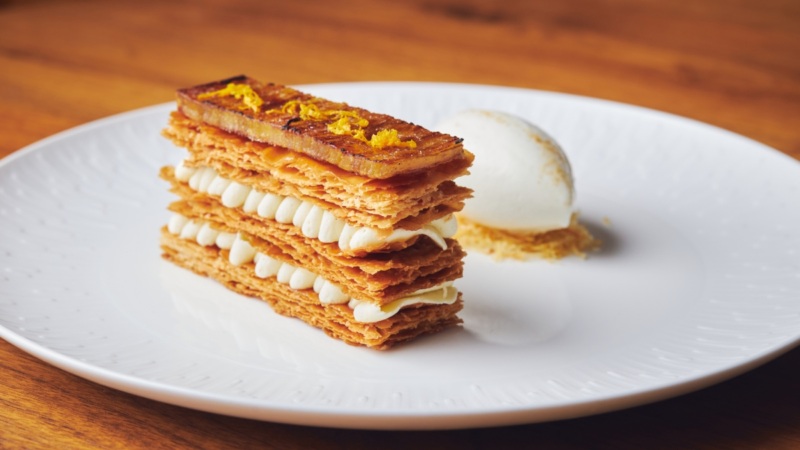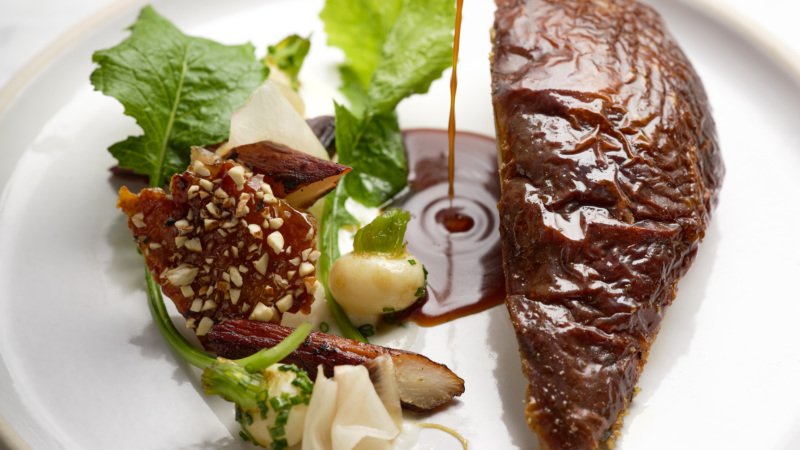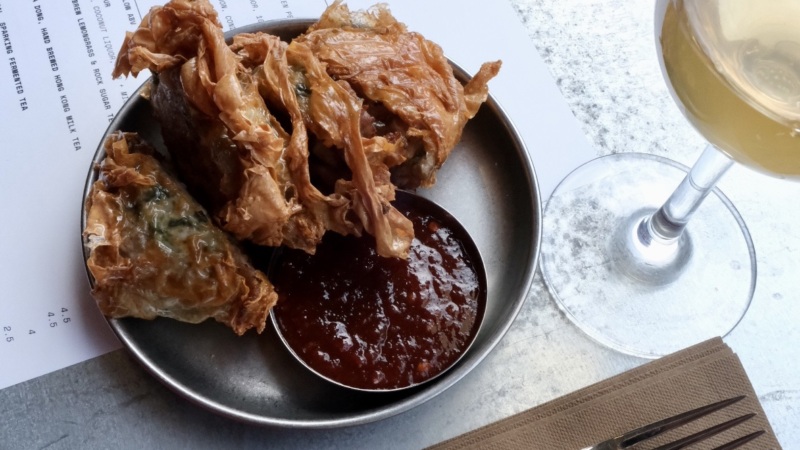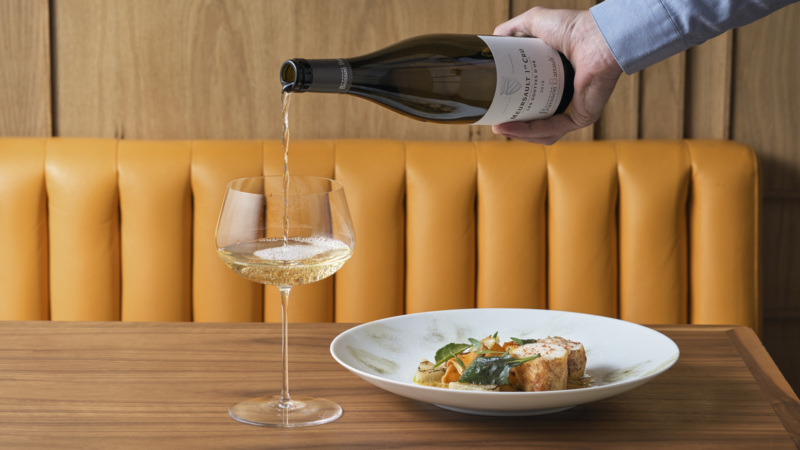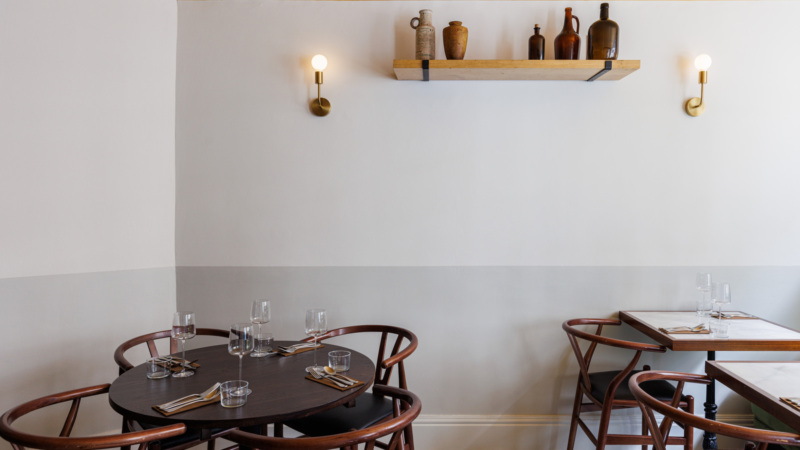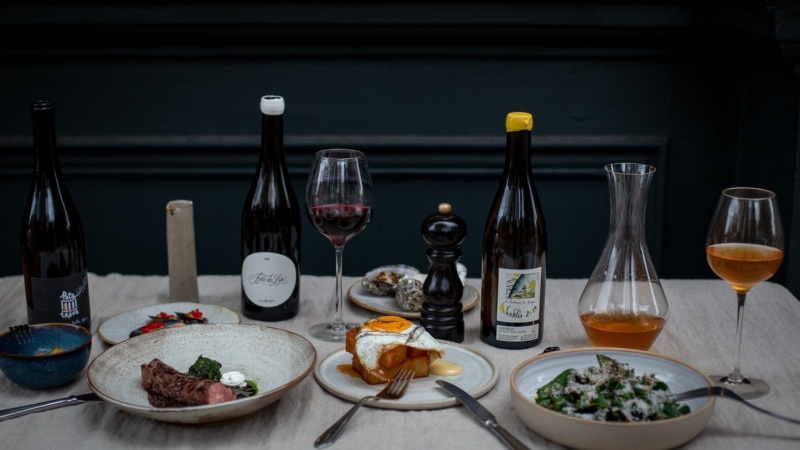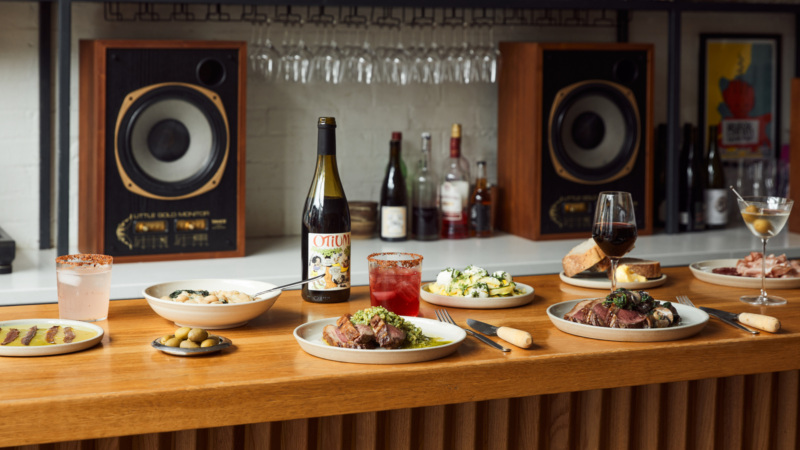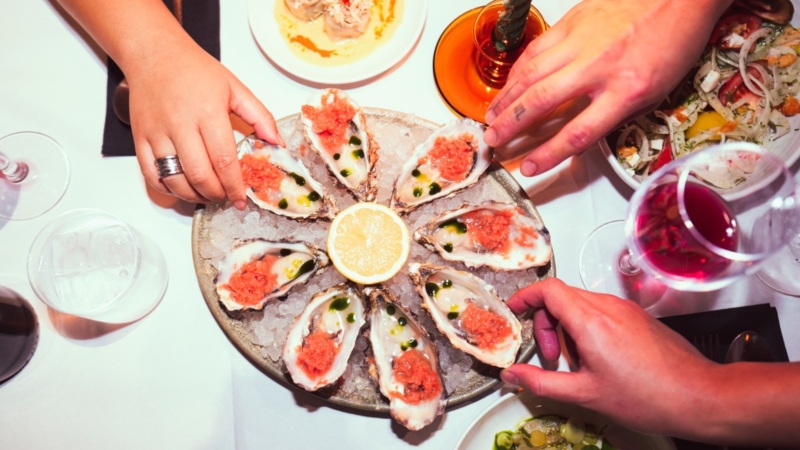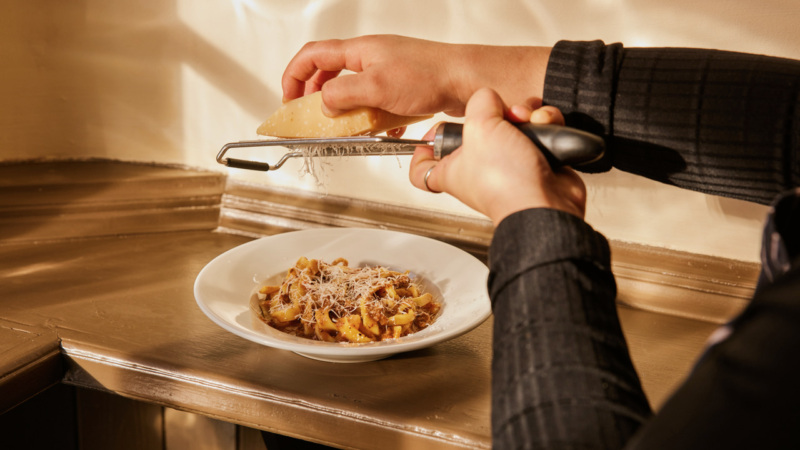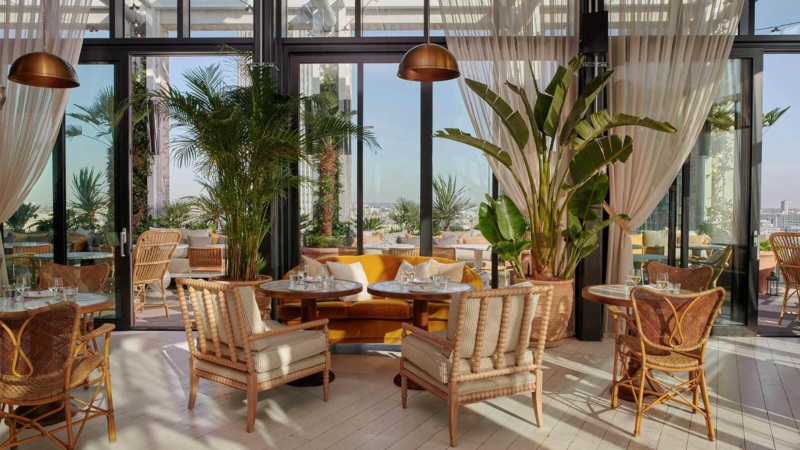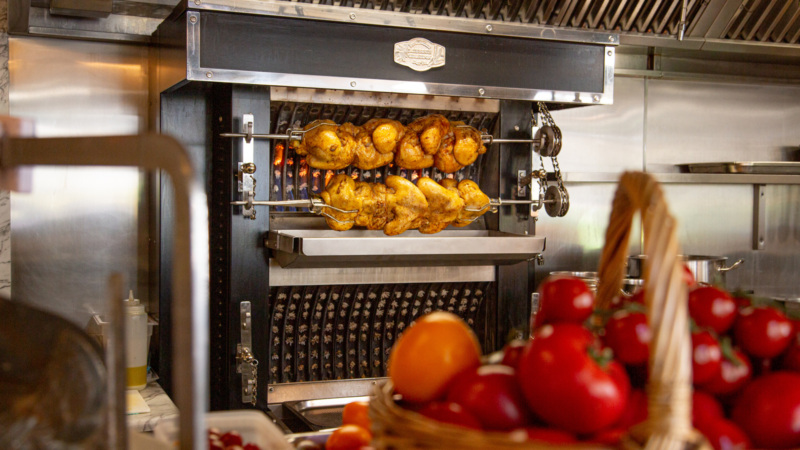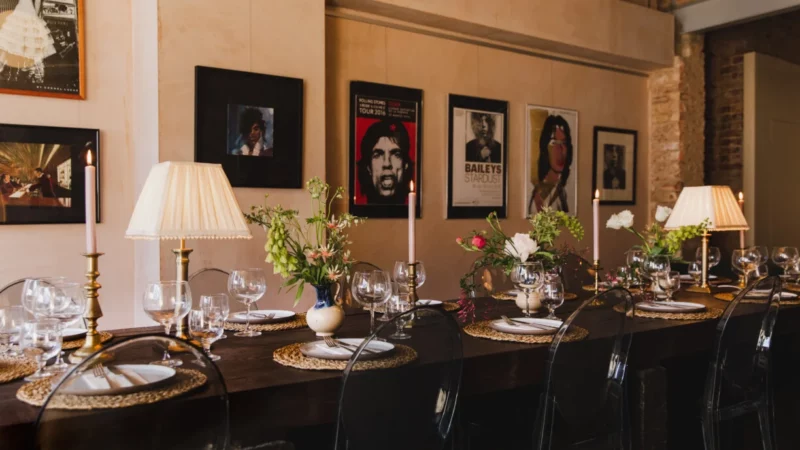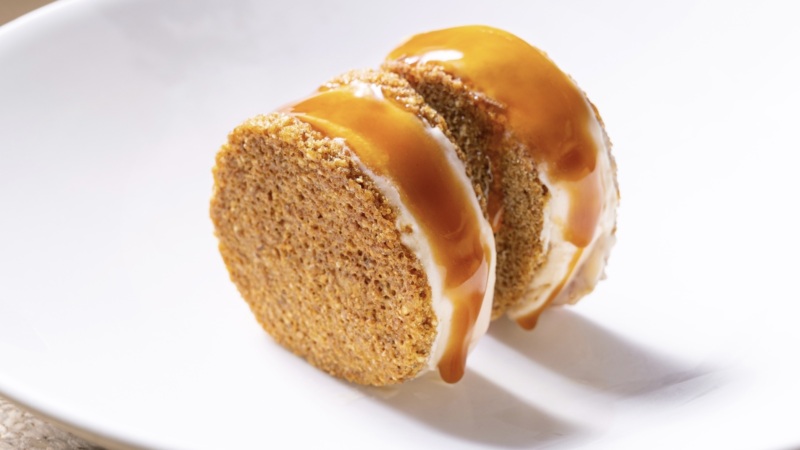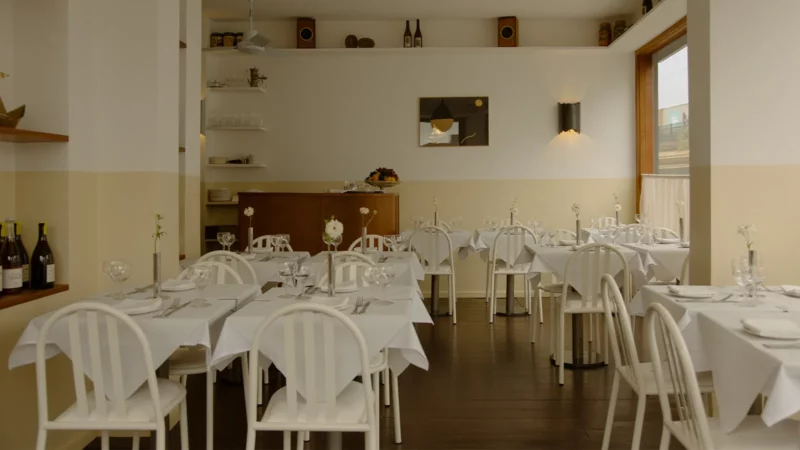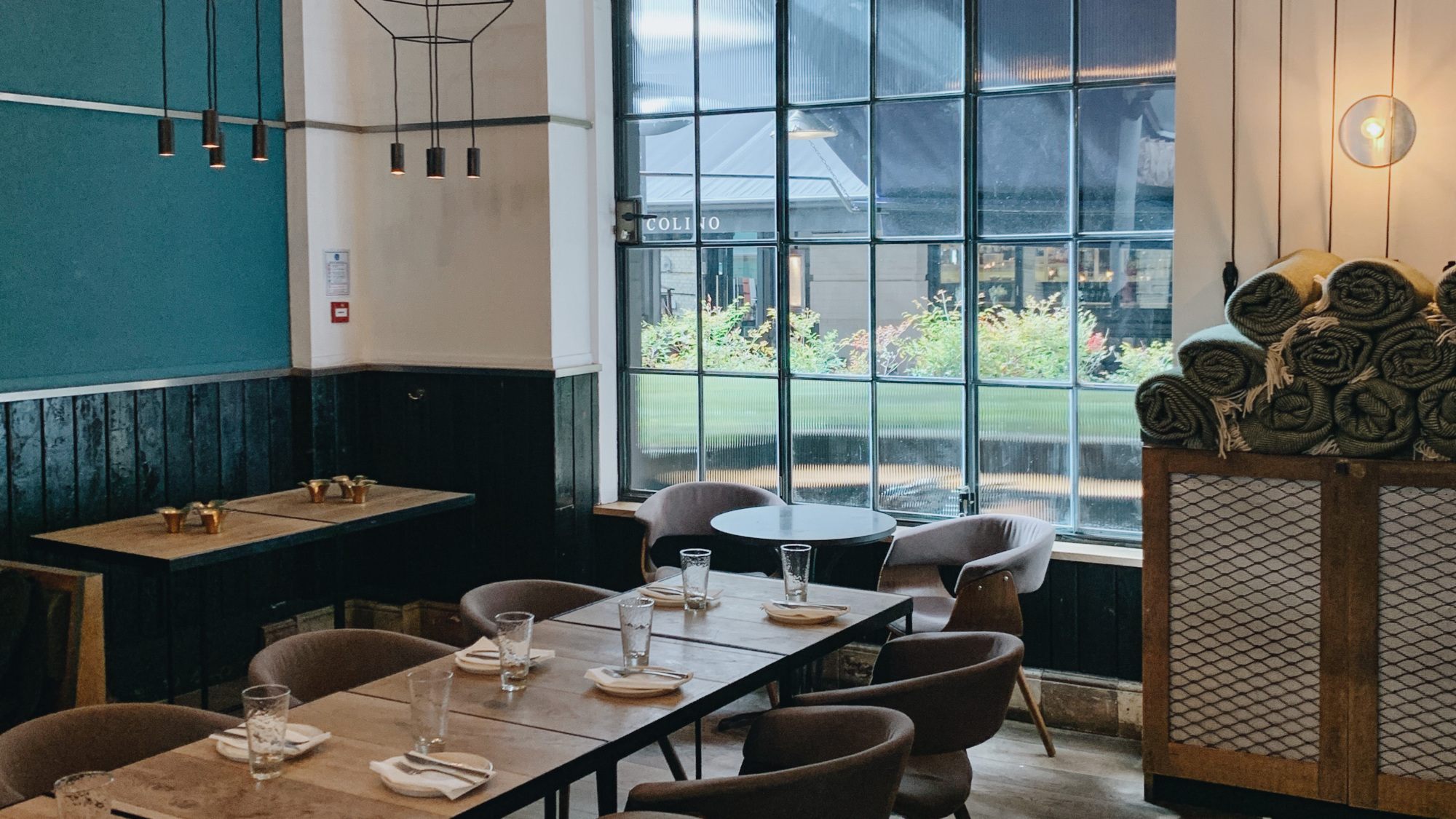
What Happens When Your Restaurant Opens the Week Before a Pandemic?
In the wake of the COVID-19 pandemic and lockdown, a government-issued mandate shuttered the vast majority of restaurants, bars, and cafes, with a few switching to a limited takeaway and delivery service. As part of a four-part series hoping to explore the experiences and perspectives of restaurant workers in the immediate aftermath, we’ve spoken to and shared a few of the stories from those on the frontline.
Will Murray is the co-founder and a chef at Fallow, a sustainability-focused restaurant which opened a week before the government issued a mandatory shutdown of hospitality businesses. Here, he shares the moments leading up to the closure, what the future holds for Fallow, and the shutdown’s silver lining.
***
When we were opening, me and [co-founder] Jack kind of had tunnel vision. At the time, we were doing a pop-up at Crispin, a cafe in Spitalfields. I’d get into Heddon Street, where we were setting up Fallow. We were painting the walls, scrubbing the kitchen, ordering all of our equipment. I’d do the early morning there, then I’d go over, pack everything for service for the pop-up. And after I’d finish at Crispin, I’d fly back to Heddon Street, do some work there. We’d do that every day — we were just so focussed on getting that place open.
When it came, I was like, oh, shit. This thing that we’ve been hearing about it — it’s real. Big people started to go down. It was brutal to open, but we were full for the first week, which was surprising because 20% of our bookings were cancelling, but we were still getting walk-ins. We had an amazing first week — but it does just come down to the point where it’s just easier and safer to close down.
It’s not something hospitality people are used to doing. I also don’t want to invite people out onto the street, to come and pick up food from us, and it’s the same with the delivery service. When you look at the pros and cons, I don’t think it’s worth opening at the moment.
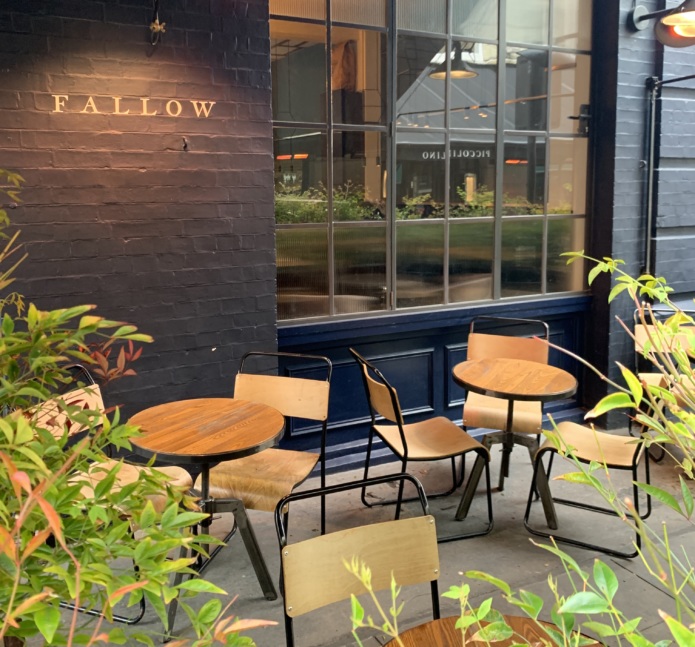
Putting Fallow together has taken us about a year and a half from when we actually started doing it. Jack was my chef de partie when I came on as commis, and we worked together for about four-and-a-half years at Dinner, where we were always trying out little things with scraps in the kitchen. That’s where the sustainability idea came from. We’d been doing pop-ups, built a network of suppliers and a team. But the problem we have now is that because we opened so recently, it wasn’t clear that the government funding for our staff would be in place.
The other thing is, it’s not just about the restaurants. It’s also about the suppliers.
For a long time, we’ve been left without answers about government support and it has been a massive blow to learn that our team are not eligible for JRS support under our current claim. It’s clear that there are large gaps in the system and we hope that HMRC will review our case and provide us and other victims with the support they need. We have launched a crowdfunding campaign via the PayItForward initiative released to help London’s small businesses, and we hope that we can raise enough money through this platform to launch a shop and delivery service and ultimately adjust our business to suit the changing landscape.
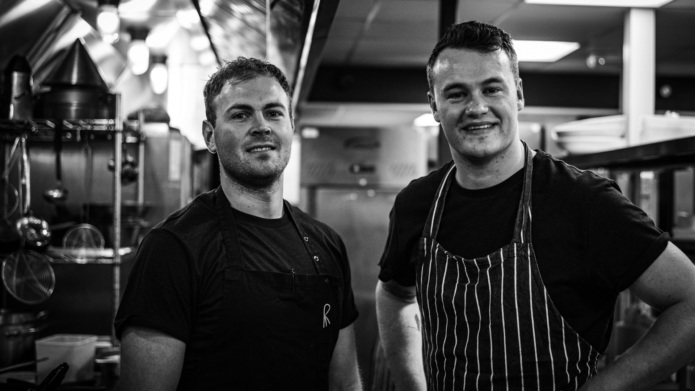
I do think that this crisis will galvanise a lot of people to appreciate good food. I think it’s interesting that Carluccio’s went under recently; in a way, it feels like the big operators have been given the boot. It’s just accelerating the process. With large chain places, they’d been struggling for so long and they’ve been posting losses for ages, and this feels like the final straw. That could have implications for us — it could be that there’s loads of young, fresh operators ready to jump in and run different business models. There’ll be more locations available.
And in terms of the home cook and the home consumer, it’s basically the same. My eldest brother has a background in organising online language tuition for people in or out of work; as you can imagine, he’s been pretty busy lately. A lot of my chef friends are currently out of work in Ireland and England so we decided to launch AskTheChef, which is a platform to provide people with cooking classes over Zoom. All of the profits for each course go to Hospitality Action and the chef also gets paid a fair wage for their time. My personal view is chefs will have a lot more time over then next couple of months and will most likely be working reduced hours. For those whose contract allows them to work on projects like this this could offer a real lifeline to chefs struggling at this time.
And I imagine that, in London especially, a lot of people will miss the more interesting restaurants. And hopefully when we do get up and running, it’s going to be a party and people are just going to be throwing money at us.
The other thing is, it’s not just about the restaurants. It’s also about the suppliers. As much as you can, try and buy direct. Buy good veg boxes from good suppliers instead of supermarkets. Use the Natoora app — that’ll massively help some farmers. That’s what I’ve also been saying to consumers: There are so many services that have opened up offering amazing things that are better than the way that we buy food, sitting around for two and a half weeks at supermarkets. Hopefully people engage with that, and we can change our patterns in the future.
Will Murray is the co-founder and a chef at Fallow in Mayfair.
David Paw is Resy’s International Editor. Follow Resy on Instagram and Twitter.

